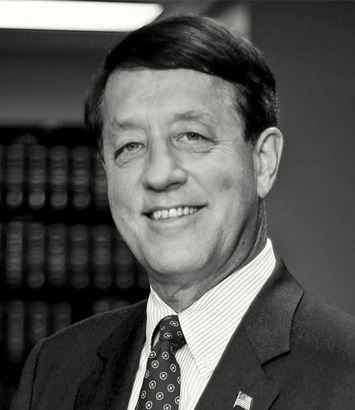DOJ Announces Possible Expansion of Corporate Self-Disclosure Policy
March 9, 2018 – Legal AlertsOn March 1, 2018, at the American Bar Association’s National Institute on White Collar Crime, top Department of Justice (DOJ) officials signaled expansion of DOJ’s self-disclosure policy to non-Foreign Corrupt Practices Act (FCPA) cases. John Cronan, acting assistant attorney general for the DOJ Criminal Division, and Benjamin Singer, chief of the DOJ Securities and Financial Fraud Unit, both spoke at the conference and commented DOJ may seek to apply the policies set forth in the FCPA Corporate Enforcement Policy to non-FCPA corporate crimes.
In November 2017, Deputy Attorney General Rod Rosenstein announced DOJ’s new FCPA Corporate Enforcement Policy, which was memorialized in the United States Attorney’s Manual. This policy, though non-binding, provides internal guidance to DOJ prosecutors in matters involving companies who self-disclose violations of the FCPA. Most notably, the Corporate Enforcement Policy announced a presumption towards declination for companies that self-disclose, cooperate with DOJ and remediate. For an in depth discussion of the FCPA’s Corporate Enforcement Policy, see "DOJ Announces a New FCPA Corporate Enforcement Policy."
DOJ has once again signaled its desire to encourage self-disclosures and cooperation. During presentations at the White Collar Crime conference, Cronan and Singer both discussed DOJ’s policy for rewarding self-disclosures. “When a company discovers misconduct, quickly raises its hands and tells us about it, that says something. It shows the company is taking misconduct seriously and not willing to tolerate it and we are rewarding those good decisions,” remarked Cronan. Singer cautioned the approach taken by his DOJ Securities and Financial Fraud Unit is not a formal policy. However, he went on to say, “The idea was maybe we can take some of those same principles that led to a little bit more self-reporting recently in the FCPA space to securities and financial fraud.”
In highlighting this new approach, Cronan and Singer touted a recent declination issued against Barclays PLC for illegal front-running. DOJ’s letter agreement with Barclays explained the declination decision was fueled by Barclays’s voluntarily disclosure; cooperation with DOJ; and remediation measures, including restitution and disgorgement totaling close to $13 million. According to Cronan, DOJ’s approach to Barclays “would have been very different if Barclays had not voluntarily self-disclosed, cooperated and remediated.” Singer contrasted the Barclays case with a recent case involving HSBC PLC. HSBC did not self-disclose, Singer noted, and ended up paying a $100 million penalty and was subjected to a deferred prosecution agreement.
Deputy Attorney General Rosenstein spoke the following day at the conference, March 2, 2018, where he briefly discussed the new FCPA Corporate Enforcement Policy. Specifically, he emphasized DOJ’s desire to “reward companies that invest in strong compliance measures.” He did not comment on applying the policy to non-FCPA cases.
If you have any questions about how DOJ’s expansion of the self-disclosure policy to non-FCPA criminal violations affects you or your business, please contact Dinsmore’s white collar crime attorneys, including former federal prosecutors D. Michael Crites and Michael Ferrara.

